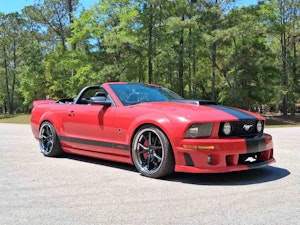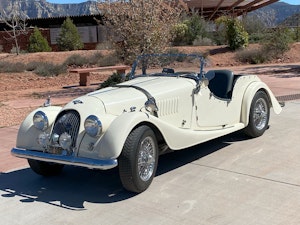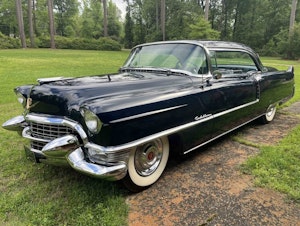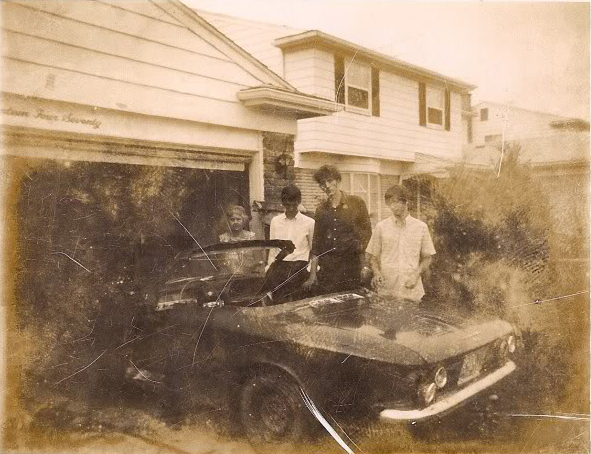Media | Articles
Losses and Lessons: GatorAid won’t help 1940 Custom Chevy
VEHICLE COVERED: 1940 Chevrolet two-door Custom Coupe
WHAT WENT WRONG: Since the first time a fast-moving vehicle met a slow-moving animal and created the world’s original “road kill,” accidents involving wildlife have become one of the most common automobile mishaps. But every once in awhile, even the most-common incident can have an unusual twist. One night, the owner of a 1940 Chevy Custom Coupe was cruising along a Louisiana highway, returning home after a trip to town, when he struck an animal in the road. He wasn’t sure what he had hit, and since the Chevy was still drivable, he drove the car the rest of the way to his home. But after a quick inspection revealed extensive damage to the front and passenger side of the coupe, he knew that he’d hit something big – and he needed to know what. So the driver returned to the scene in his regular-use vehicle and found a 12-foot alligator – along with another motorist who had also struck the crocodilian.
DAMAGE/LOSS: The gator caused damage to the Chevy’s grille, valence, right fender, right door vent and glass, rear air shocks and suspension. Total cost of repairs was $2,432, which Hagerty paid.
LESSON: It’s a familiar scenario. An animal darts into the road (or, in this case, crawls), and a decision must be made in a split-second — swerve and avoid it or stay the course and hope for the best. Our natural reaction is to swerve, but that isn’t always the right choice. With oncoming traffic and a minimal shoulder, swerving in either direction could cause an accident that might result in the loss of human life. Cars can always be fixed. Pick the lesser of the two evils and brace for impact.
Marketplace
Buy and sell classics with confidence










